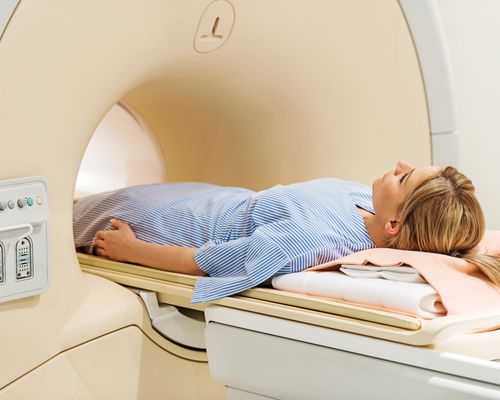Edogawa Hospital first in Japan to order Elekta Unity MR-Linac
Cutting-edge technology to address need for treating cancer with greatest precision
People living with cancer in Japan will have access to the most technically advanced radiotherapy treatment available as Edogawa Hospital acquires an Elekta Unity MR-Linac system. Elekta Unity gives doctors the “vision” to zero in on tumors and avoid healthy tissues and thereby addresses an unmet need in cancer therapy – it will enable Edogawa Hospital’s clinicians to confidently see and track the target during treatment and respond accordingly, and to adapt the treatment plan daily to offer personalized therapy for each patient every time they are treated.
More than one million people were diagnosed with cancer in Japan in 2018 and the global trend shows this number to be continually increasing. According to the World Health Organization (WHO), radiotherapy is a necessary treatment modality that saves lives.1 Although more than half of all cancer patients would benefit from radiotherapy for curative treatment, palliative care or disease control, only 25 percent of patients in Japan receive this treatment. 2 Unity can make radiotherapy more effective, which could mean not only fewer treatment-related side effects, but also the potential for fewer treatment sessions and visits to the hospital by the patient.
Charles Schanen, President of Elekta K.K. (Japan), said: “We’re extremely honored to be able to support Edogawa Hospital and its cancer patients with precision radiation medicine. Elekta Unity makes personalized precision radiotherapy possible and Edogawa Hospital will stand at the forefront of Japanese radiotherapy for cancer.”
Dr. Masahiro Kato, Chairman of Edogawa Hospital said: “Edogawa Hospital has been leading the use of radiotherapy for cancer for over 10 years. With the first Unity system in Japan, we will offer distinctive cancer treatments to better meet our patients’ expectations.”
Dr. Yukihiro Hama, Head of the Department of Radiation Oncology adds: “By accurately locating tumors, Elekta Unity can deliver higher doses to the targets while protecting nearby organs at risk. Our hospital has already started low-field MRI guided radiotherapy and we are observing the transition from CT guided to MRI guided radiotherapy. Elekta Unity is a high-field MRI linac employing a 1.5 Tesla magnet. It is anticipated that the two different complementary systems will allow us to provide the best possible radiotherapy to cure cancer patients.”
The hospital, located in Edogawa-ku, Tokyo, will use Elekta Unity to treat a wide range of cancers. To date, clinics around the world have treated more than 1,000 patients with over 26 different cancer types, including lung, stomach and colon/rectum cancers, which are among the most common types in men and women in Japan. The first patients are expected to be treated with Edogawa Hospital’s Elekta Unity system in 2021.
Elekta Unity is CE-marked, 510(k) cleared and received regulatory approval from the Japanese Ministry of Health, Labour and Welfare in 2019. Not commercially available in all markets.
1) WHO Report on Cancer – Setting priorities, investing wisely and providing care for all
2) JASTRO, Let’s be a radiation oncologist!



